The President of Germany, Frank-Walter Steinmeier, has called on Nigerian President Bola Tinubu to devise emergency strategies to strengthen economic cooperation across the West African region. Steinmeier made this recommendation during a meeting with Tinubu at the Presidential Villa in Abuja on Wednesday, as part of his state visit to Nigeria.
According to a statement by Tinubu’s Special Adviser on Information and Strategy, Mr. Bayo Onanuga, the German leader expressed concern over the economic and security implications of the continued isolation of Mali, Niger, and Burkina Faso from the Economic Community of West African States (ECOWAS).
Steinmeier emphasized the need for the reintegration of the three countries into ECOWAS, citing severe consequences for the region’s stability and development.
“We know how important regional cooperation is. As members of the European Union, we understand the value of unity. For Mali, Niger, and Burkina Faso, their current isolation poses serious security and economic risks,” Steinmeier stated.
He acknowledged the challenges in using diplomacy to resolve the crisis but advised Tinubu, as ECOWAS Chairman, to prepare contingency plans for future economic collaboration. “While you work to bring these nations back into the fold through dialogue, emergency economic strategies should also be considered,” he added.
In response, President Tinubu assured the German leader that ECOWAS remains committed to the well-being of citizens in Mali, Niger, and Burkina Faso. He highlighted the bloc’s reliance on diplomacy to address the situation while ensuring that innocent citizens are not unduly punished.
“We will not tolerate unconstitutional governments, but we also cannot ignore the plight of innocent citizens caught in the middle. Free movement and trade will continue, and we will keep the door open for the return of democracy,” Tinubu said.
The Nigerian leader noted the reluctance of the military-led governments to establish clear transition timelines but reaffirmed ECOWAS’s resolve to uphold democratic principles. “As leaders, we will continue to lead by example, exploring all diplomatic avenues to ensure stability in the region,” Tinubu added.
Mali, Burkina Faso, and Niger announced their withdrawal from ECOWAS in January, accusing the bloc of failing to support their fight against terrorism and imposing unjust sanctions. Military coups in these nations between 2020 and 2023 prompted ECOWAS to suspend their membership and impose sanctions on Niger and Mali.
Despite the ongoing challenges, ECOWAS, under Tinubu’s leadership, is seeking a balanced approach that prioritizes regional security and economic prosperity while advocating for the restoration of democratic governance.

 2 hours ago
1
2 hours ago
1

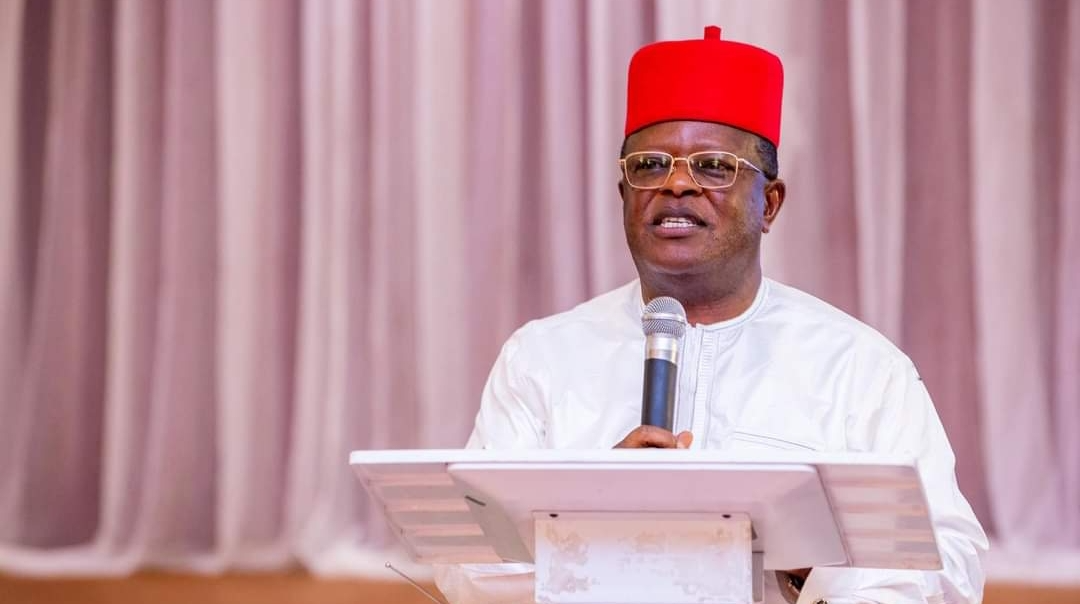
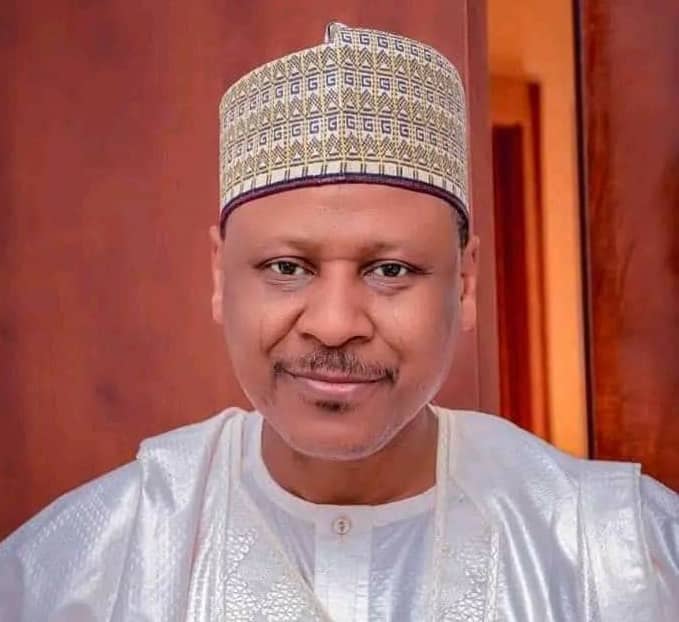

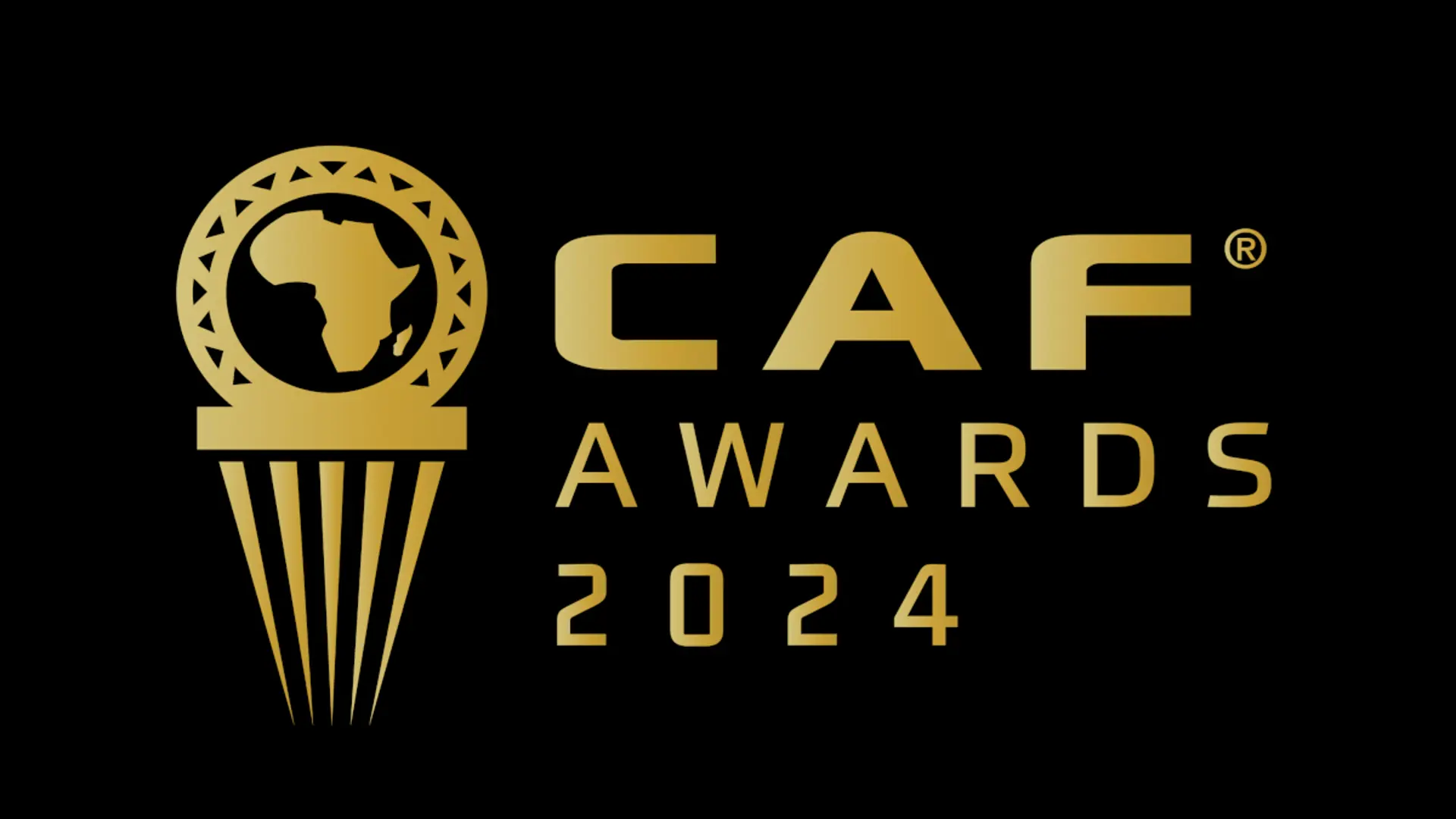

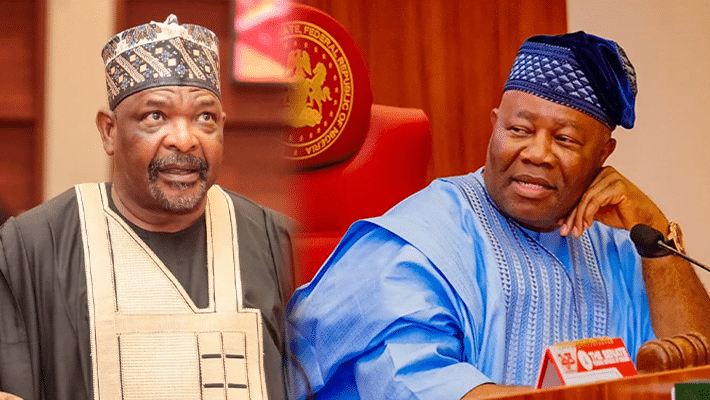
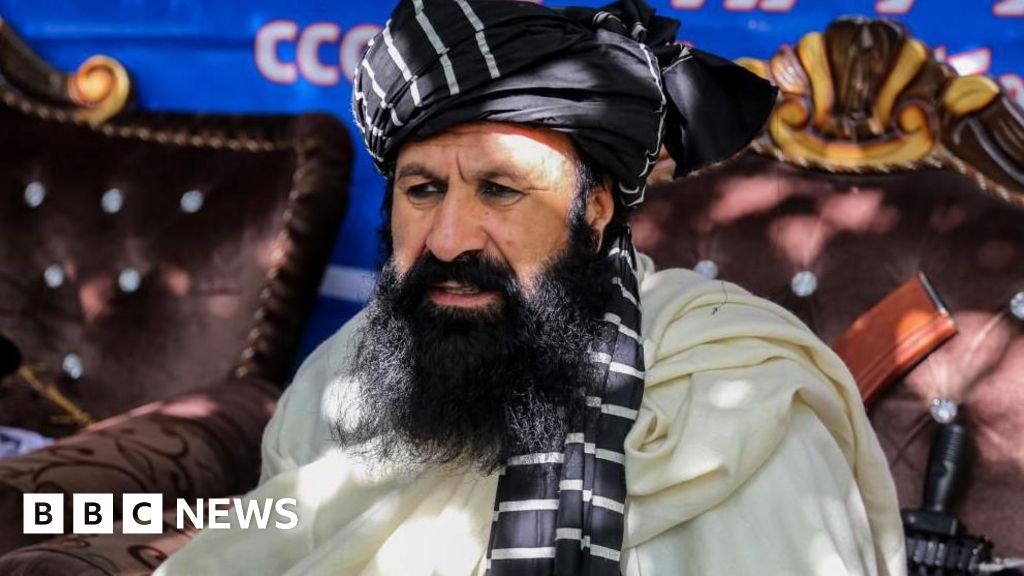







 English (US) ·
English (US) ·